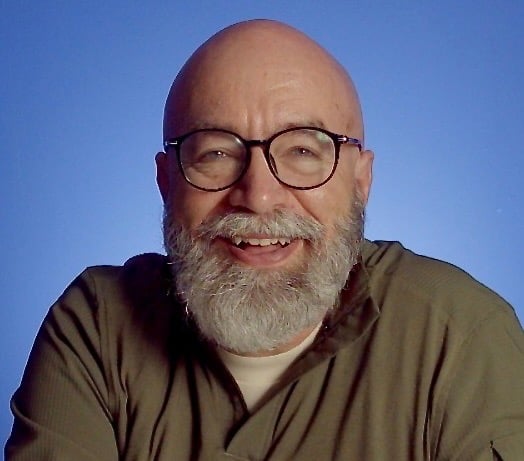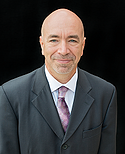Adapted from the previous Design Group International publication The Appriser in 2010.
Attending my son's college graduation left me reflecting on a leader's legacy.
Bill Pollard, former CEO of ServiceMaster, was the commencement speaker, a much more memorable speaker for my son's graduation than I remember for my own. Mr. Pollard's resume is impressive, as are those who received honorary doctorates and the many faculty who presided over the conferring of degrees. The vitaes of all these people are based on their past--what they wrote, where they worked, and with whom they associated.
Developing vitaes or resumes are important. Without some of my own accomplishments being visible, how will anyone trust me to do work in the future? How would the new challenges find me?
And yet . . .I wondered something as I read about the wonders of these accomplished persons: What if the real resume isn't about my past? What if it is about the persons I developed, am developing and will develop? What if legacy trumps history?
If this is true, then doing my part to help my son reach his Bachelor's degree is the greater accomplishment in comparison to earning my own doctorate. And planning for my succession as a business owner outweighs my plans for personal success. How would a legacy resume read were it written about those learned leaders who lined the commencement platform? What would it contain were it written about me?
Tags:
Process consultation and design, leadership succession, executive leadership, Mark L. Vincent, Design Group International, business success, leadership legacy
November 11, 2015

Comments